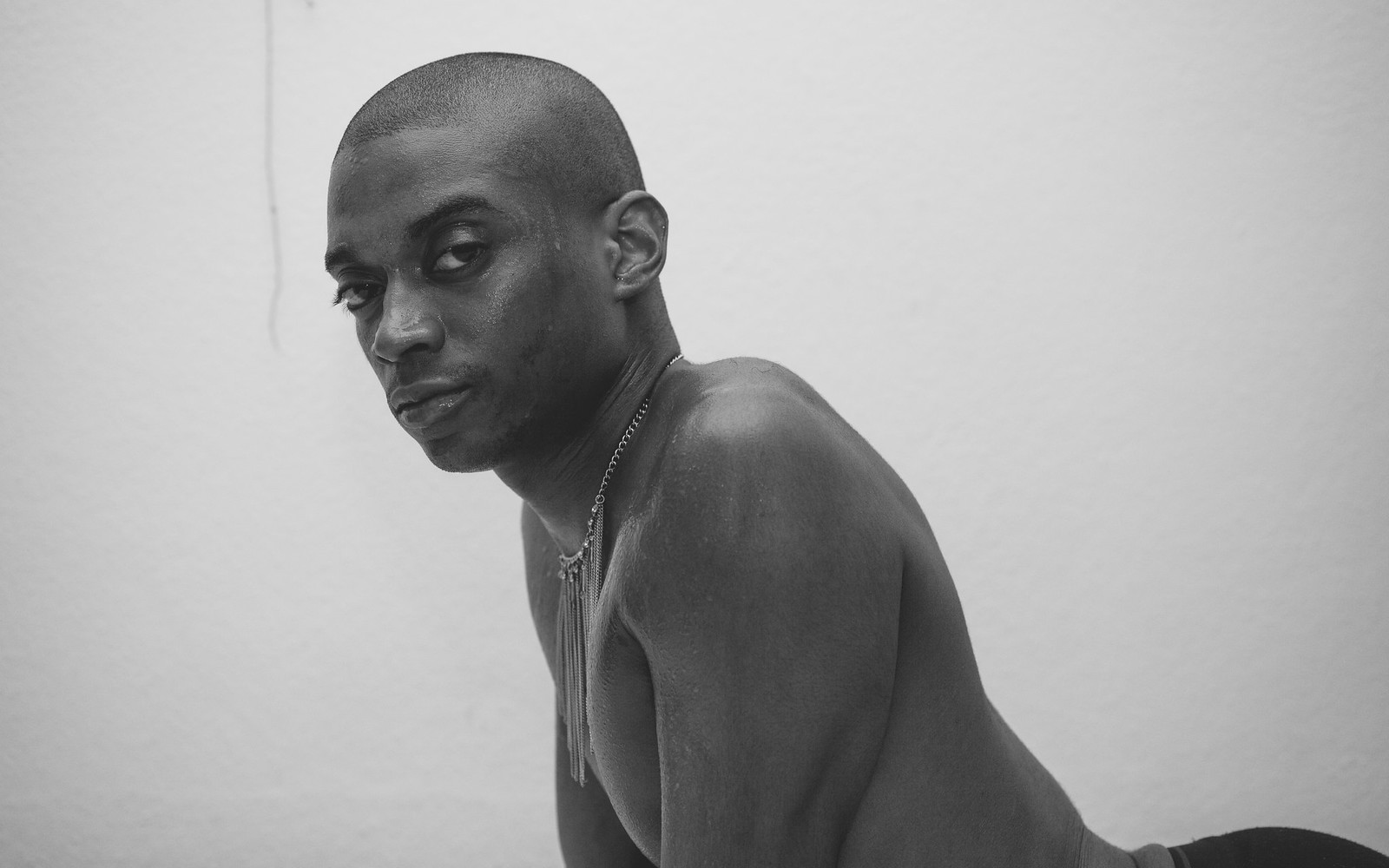

He then meets other souls, including the poet Folco of Marseilles, and he sees nested there the soul of the biblical Rahab. There, Dante meets Charles Martel, who discusses his own life and gives Dante prophecies. They ascend to Venus Beatrice appears more beautiful. Beatrice, sensing Dante’s doubts, clarifies things yet again. He soon transitions to singing a song that mixes Hebrew and Latin his lights wheel about, as if dancing. He praises the accomplishments of Rome and even comments on the politics of Dante’s contemporaries. The soul reveals itself to be Justinian, emperor of Rome. Souls come to them, inquisitive, and Dante asks one who it is. There, Beatrice and the planet shine even brighter than before. Dante thanks her, and his sight fails when she looks at him with “eyes so full/of the radiance of love.”ĭante and Beatrice soon ascend to the second sphere of heaven: Mercury. She explains, too, a question of theological doctrine. Dante is somewhat confused that these souls are on the moon, but Beatrice explains that all saved souls, properly, are in heaven with God, but these have been sent down to greet Dante and as a sign of their lower rank in heaven. Piccarda points Dante to “the great Constance,” and the two women sing. Beatrice prods Dante to speak with one of them, a woman named Piccarda. A light appears to them alongside opalescent faces. Dante and Beatrice talk, and soon Beatrice reveals that they are on the moon. The poet invokes the muses and Apollo and then turns to the narrative, describing how Beatrice is looking towards the sun.

Dante’s Paradiso begins in heaven, suffused by divine light.


 0 kommentar(er)
0 kommentar(er)
